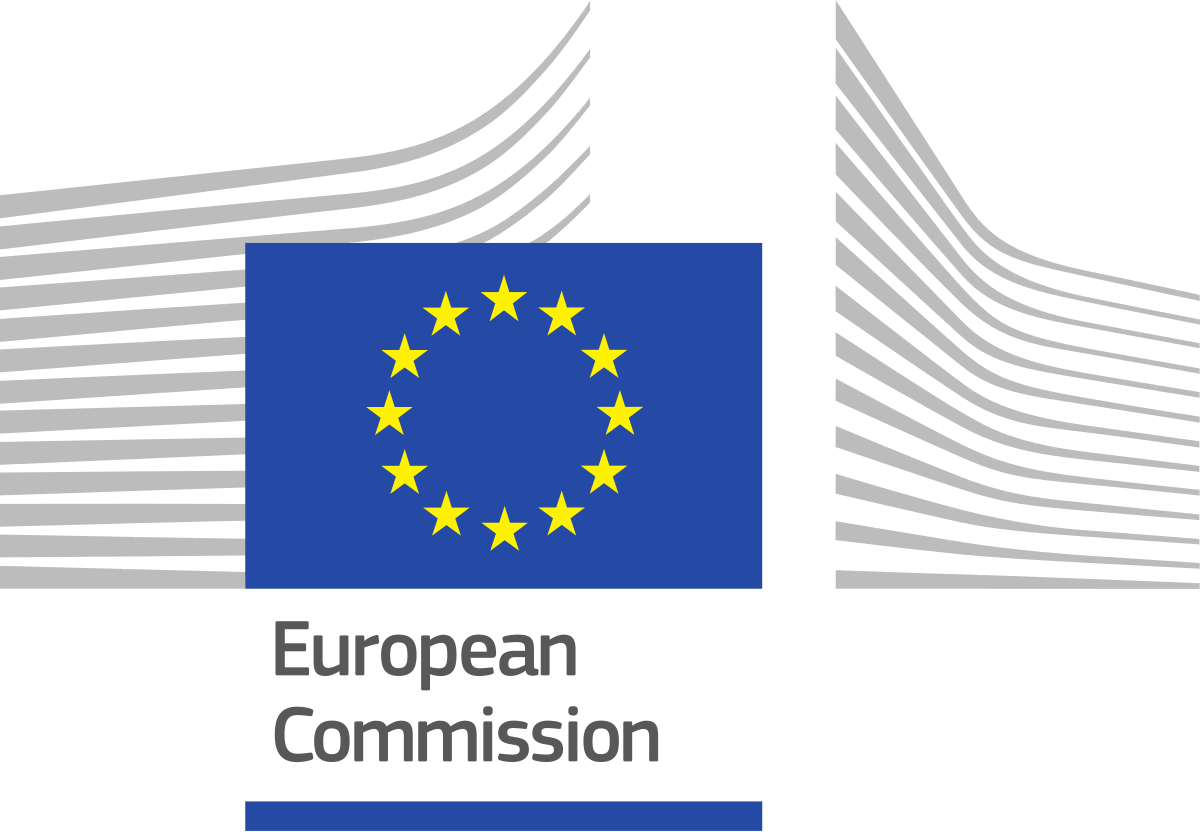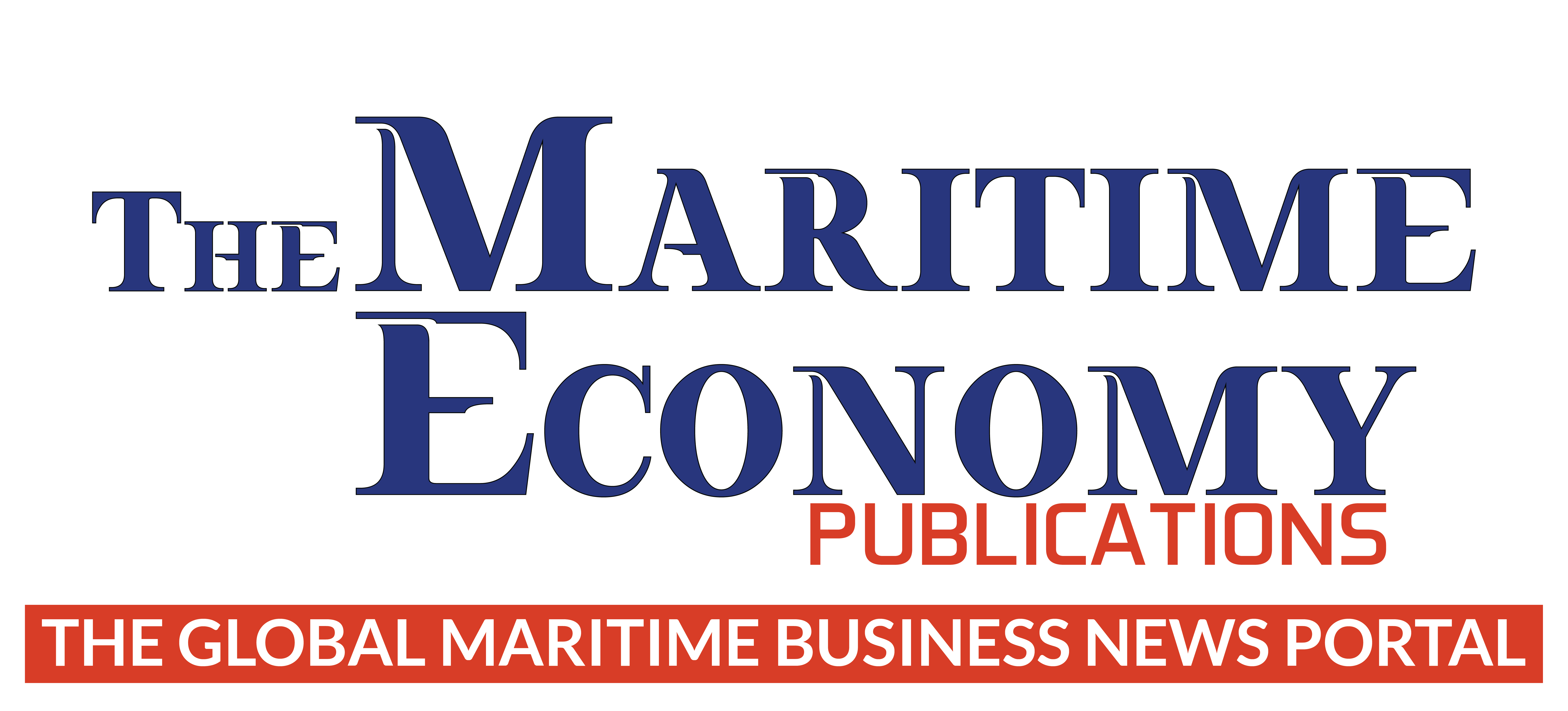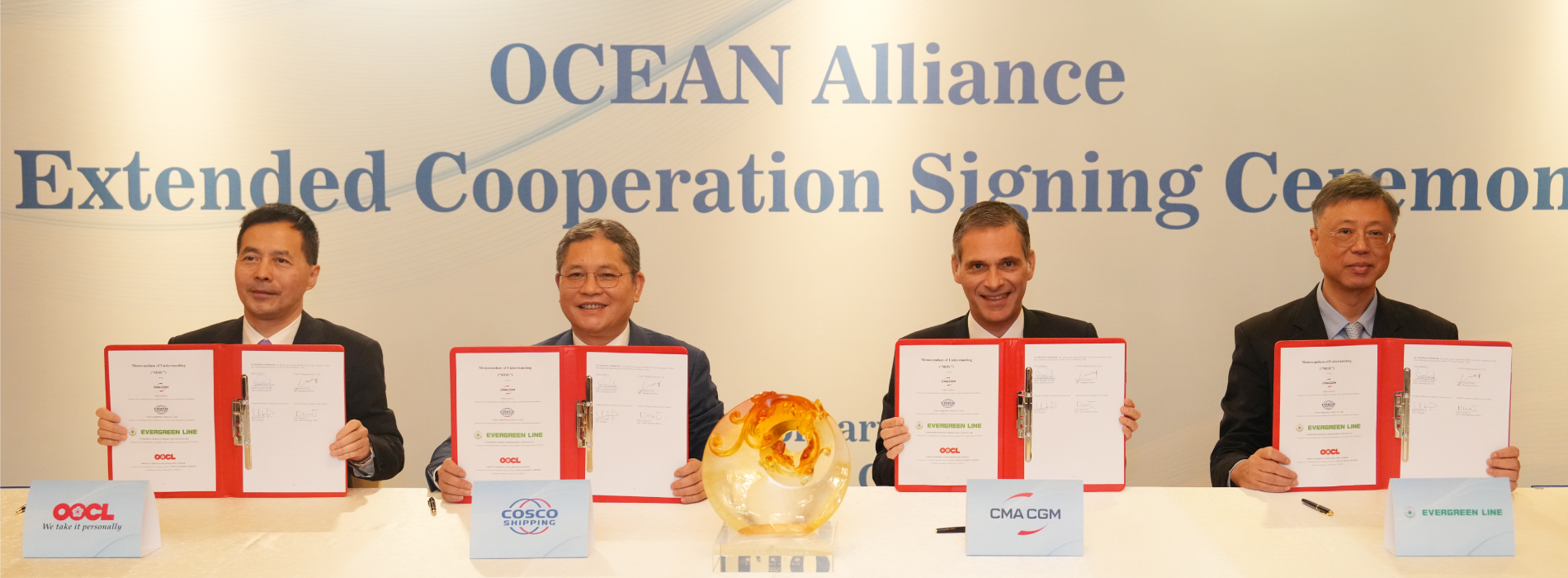State aid: Commission approves EURO 500 million Italian scheme to improve environmental performance of vessels

The European Commission has approved, under EU State aid rules, a €500 million Italian scheme to help companies in the maritime transport sector to acquire clean and zero-emission vessels, as well as to retrofit more polluting vessels. The measure contributes to the achievement of the objectives of the Commission's European Green Deal and ‘Fit for 55' package.
The Italian scheme
The scheme notified by Italy, with a budget of €500 million, will be funded through its Complementary Fund set up with national resources to supplement Italy's National Recovery and Resilience Plan as part of a broader strategy to modernise the country's economy.
The scheme is aimed at encouraging shipping companies to replace existing vessels with low environmental performance, and to reduce the use of fossil-based fuels in the maritime transport sector. The scheme will support projects increasing the environmental performance and energy efficiency of vessels operating long, medium and short sea services for passenger, freight and combined transport, as well as of other vessels operating in Italian ports.
In particular, the aid will support the acquisition of clean and zero-emission vessels, including vessels powered by electricity and hydrogen, and the retrofitting of vessels. The retrofitting will allow vessels to: (i) use or increase the use of biofuels and synthetic fuels (e.g. renewable liquid, gaseous transport fuels of non-biological origin) in addition or as an alternative to fossil fuels; and (ii) use wind propulsion as an alternative to other propulsion systems. The measure supports a broad range of technologies spanning from the installation of batteries and fuel cells to wind propulsion systems.
The scheme will be open to shipping companies registered in Italy that provide maritime transport connections between an Italian port and European and/or Mediterranean ports, or operate within Italian ports. The beneficiaries will be selected in an open, non-discriminatory and transparent procedure.
The aid will take the form of direct grants. The maximum aid amount per beneficiary is 40% of the eligible costs, which may be increased up to 60% for small and medium-sized enterprises and to 45% for projects concerning zero-emission vessels.
The Commission's assessment
The Commission assessed the measure under EU State aid rules, in particular Article 107(3)(c) of the Treaty on the Functioning of the European Union (‘TFEU'), which enables Member States to support the development of certain economic activities subject to certain conditions, and the Guidelines on State aid for climate, environmental protection and energy 2022 (‘CEEAG').
The Commission found that the scheme:
- is necessary and appropriate to support the reduction of harmful emissions in the maritime transport sector;
- has an “incentive effect” as the beneficiaries would not carry out the investments without the public support; and
- has a limited impact on competition and trade within the EU. In particular, the aid is necessary and appropriate for Italy to contribute to the EU's environmental targets. In addition, it is proportionate and any negative effects on competition and trade in the EU will be limited, as the scheme is applicable to all companies operating in the sector concerned and to a variety of technologies delivering the environmental benefit pursued by the measure, ensuring that the amount of aid is kept to the minimum.
On this basis, the Commission approved the Italian measure under EU State aid rules.
Background
The 2022 CEEAG provide guidance on how the Commission will assess the compatibility of aid measures for environmental protection, including climate protection, and energy which are subject to the notification requirement under Article 107(3)(c) TFEU.
The new guidelines, applicable as from January 2022, create a flexible, fit-for-purpose enabling framework to help Member States provide the necessary support to reach the Green Deal objectives in a targeted and cost-effective manner. The rules involve an alignment with the important EU's objectives and targets set out in the European Green Deal and with other recent regulatory changes in the energy and environmental areas and cater for the increased importance of climate protection. They include sections on aid for reduction of greenhouse gas emissions including through support for renewable energy, energy efficiency measures, aid for clean mobility, infrastructure, circular economy, pollution reduction, protection and restoration of biodiversity, as well as measures to ensure security of energy supply, subject to certain conditions.
The 2022 CEEAG aim to help Member States meet the EU's ambitious energy and climate targets at the least possible cost for taxpayers and without undue distortions of competition in the Single Market.
The European Green Deal, presented by the Commission on 11 December 2019, sets the goal of making Europe the first climate-neutral continent by 2050. The European Climate Law in force since July 2021, which enshrines the 2050 climate neutrality objective and introduces the intermediate target of reducing net greenhouse gas emissions by at least 55% by 2030, sets the ground for the ‘Fit for 55' legislative proposals presented by the Commission on 14 July 2021.
The non-confidential version of the decision will be made available under the case number SA.101308 in the State aid register on the DG competition website once any confidentiality issues have been resolved. New publications of State aid decisions on the internet and in the Official Journal are listed in the Competition Weekly e-News
Quote(s)
The €500 million scheme approved today will help companies operating in the Italian maritime transport sector to reduce harmful emissions and achieve greater energy efficiency in line with the European Green Deal objectives. At the same time, the scheme ensures that any potential competition distortions are kept to the minimum.
Margrethe Vestager, Executive Vice-President in charge of competition policy - 11/11/2022

